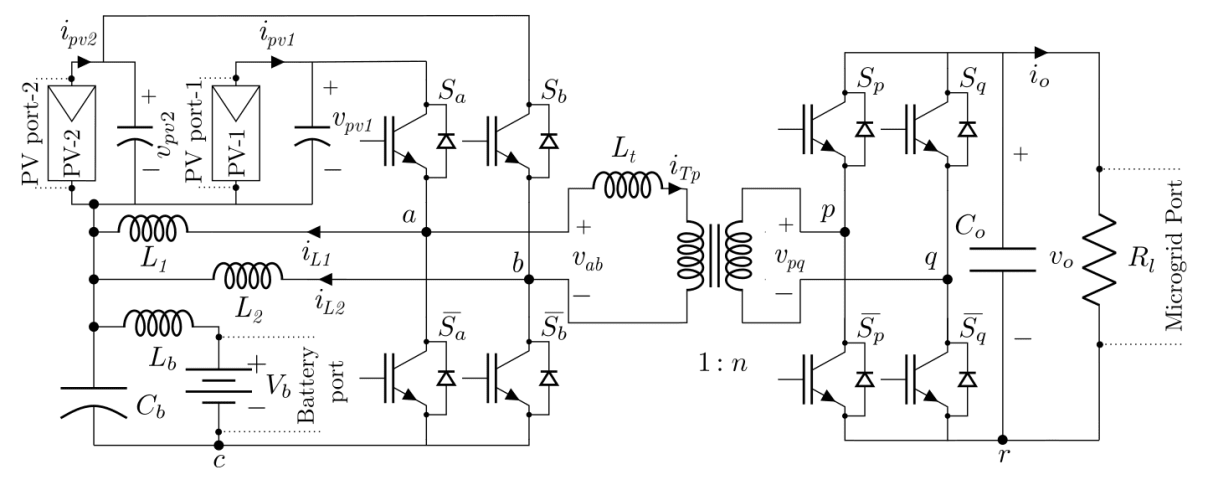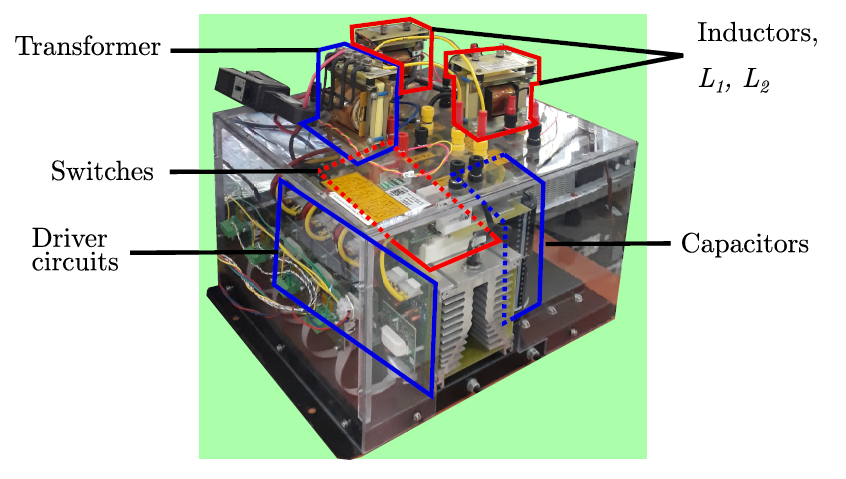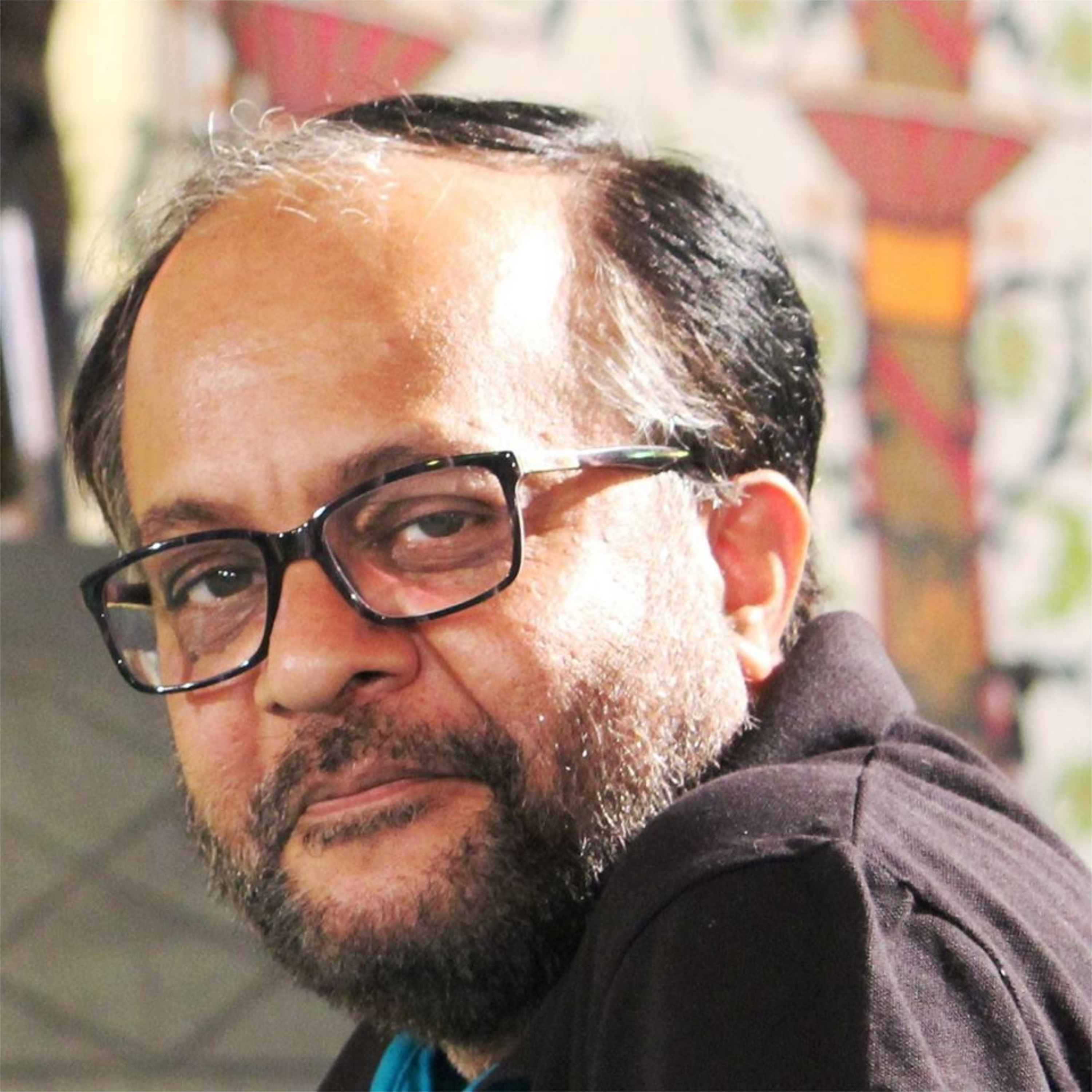


Energy harvesting from solar photovoltaic (PV) systems has become the order of the day to meet the ever-increasing energy demand without increasing the dependency on fossil fuels. However, the intermittent nature of the solar energy has propelled its usage along with other complementary renewable energy sources and storage systems by forming a microgrid, which can be either ac or dc in nature. As the solar PV modules, battery, and other renewable energy sources generate power in the form of dc, and most of the modern consumer appliances utilize dc power for their operation, dc microgrids are becoming increasingly popular.


A novel multiport converter (MPC) to interface two solar photovoltaic modules (SPM), and the battery with a 380 V dc microgrid is developed. All the photovoltaic modules are operated at their respective maximum power points (MPPs), which is a unique feature of the proposed scheme. The boosting of the low voltages of the SPMs and that of the battery to 380 V is accomplished by involving a dc–dc converter along with a high-frequency transformer. The battery banks are charged directly from the power of the SPM without involving the high-frequency transformer. This significantly reduces the length of power flow paths within the system. The MPC can operate in stand-alone mode or in microgrid connected mode as and when required. In the microgrid-connected mode, it is capable of realizing the MPP tracking and control the charging current of the battery as per the requirement of its charge controller. When the MPC is operated in stand-alone mode, the voltages across the local loads are regulated at 380 V. The proposed MPC is modelled using the first component approximation method to facilitate the design of the appropriate controllers. A laboratory prototype of the MPC is fabricated and experimental studies are carried out utilizing the developed prototype.



kishore@ee.iitb.ac.in
bgf@ee.iitb.ac.in